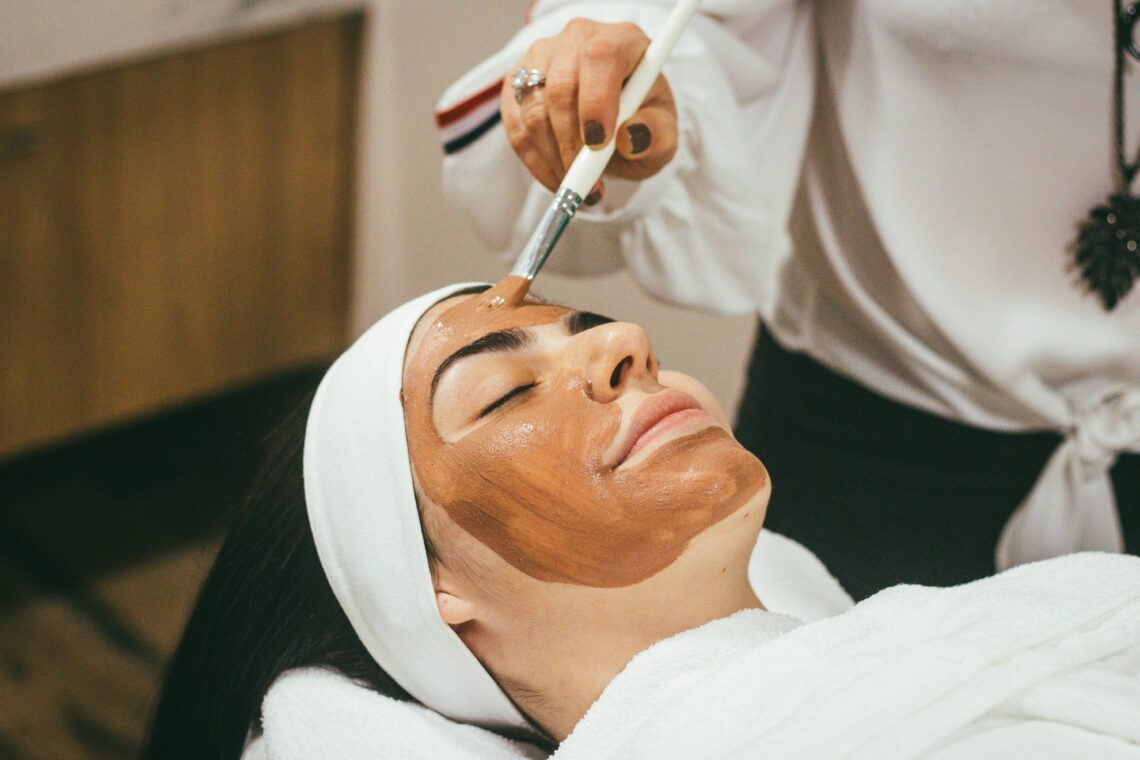Vitamin D is a very important ingredient that everyone should implement in their skincare routine. It offers numerous benefits for the skin, including promoting healthy cell growth, regulating the immune system, enhancing the skin barrier, and protecting against UV damage. Ensuring adequate vitamin D levels through a combination of sunlight, diet, and skincare products can help maintain healthy and youthful skin.
This article includes the benefits of vitamin D, and tips on how to implement the ingredient into your skincare routine. The potential side effects will be discussed and the precautions and recommendations will be given towards the end.
What are the benefits of vitamin D
Vitamin D plays a crucial role when it comes to the growth and repair of skin cells. It promotes healthy cell production and turnover. This is vital for maintaining a fresh and youthful complexion. It aids in the repair of damaged skin, helping smaller wounds and injuries to heal more efficiently.
Vitamin D is also known to modulate the immune system. This helps defend the skin against infections and inflammation. The immune regulation is crucial for preventing conditions such as acne, eczema, and psoriasis. It also has anti-inflammatory properties that help reduce the inflammation associated with various skin conditions. It therefore provides relief from symptoms like redness, swelling, and irritation.
It also enhances skin barrier function by strengthening it. This is essential for protection against environmental aggressors such as pollutants, toxins, and harmful microorganisms. A strong skin barrier helps retain moisture, prevents dryness and keeps the skin hydrated.
Vitamin D also has anti-aging benefits. It helps with the production of collagen, which maintains the skin elasticity and firmness. This helps create a more youthful look as it reduces the appearance of fine lines and wrinkles.

How to implement vitamin D into your skincare routine
Incorporating vitamin D into your skincare routine is relatively simple. You can find vitamin D in various forms, including moisturiser, serums, oils and sunscreens. It is generally recommended to use products with vitamin D in the morning, as they provide an extra layer of protection against environmental stressors.
Following is a guide you can follow to implement vitamin D into your skincare routine:
- Cleanse your face: Start by cleansing your face with a gentle cleanser to remove any dirt, oil, or impurities.
- Tone (optional): If you use a toner, apply it after cleansing to help balance your skin’s pH levels.
- Apply the skincare product: Take a small amount of your chosen product, whether it’s a serum, cream, or moisturiser, and gently massage it into your skin. Focus on areas that need extra attention, such as hyperpigmentation or uneven skin tone.
- Allow absorption: Give your skin a few minutes to absorb the product fully. This allows the active ingredients to penetrate the skin effectively.
- Moisturise: Follow up with a moisturiser to lock in the hydration and further nourish your skin.
- Sunscreen: During the daytime, always apply a broad-spectrum sunscreen with a high SPF to protect your skin from harmful UV rays.
Remember, consistency is key when incorporating this ingredient into your routine. Use it regularly for optimal results. If you experience any irritation or sensitivity, adjust the concentration or frequency of use accordingly.
It’s important to choose a product that suits your skin type and concerns. If you’re unsure, consult with a dermatologist who can provide personalised recommendations based on your specific needs.
Potential side effects of vitamin D
While vitamin D is considered a safe ingredient for most people, there are potential side effects you should be aware of.
Firstly, it can cause irritated skin, especially for those with sensitive skin. One can also experience an allergic reaction. This is often due to the other ingredients in the product and not the vitamin itself. It may cause complications with other skincare products, increasing the risk of irritation in the skin. Some formulations containing vitamin D might contribute to clogged pores if you have acne-prone skin, although this is not common.

Precautions and recommendations
Before you start using a new product consisting of vitamin D, there are certain precautions you should take just in case you experience one of the side effects.
We recommend you start off by performing a patch test, before applying it all over your face. This indicates that you apply a small amount to a discreet area of your skin and wait a couple of days to make sure there are no unnatural reactions.
It may be beneficial to be aware of the ingredients in your skincare products before combining them together. Some combinations that include vitamin D might increase the risk of irritation or reduce the efficacy of the product.
It is also very important to make sure you choose the right product and formulation for you. Everyone reacts differently to different products. And what works for others may not work the same for you. If you have acne-prone skin, you should aim for non-comedogenic formulations to prevent clogged pores. You should also consider whether you have dry, oily, combination, sensitive or normal skin before choosing the product. Also remember to be patient, and consistent.
Lastly, if you are not sure if vitamin D is the right ingredient for you, we recommend you seek professional advice and consult with a dermatologist. They can make sure vitamin D products are appropriate for your skin type. This is particularly recommended for those with sensitive skin or a history of allergic reactions to skincare products.



